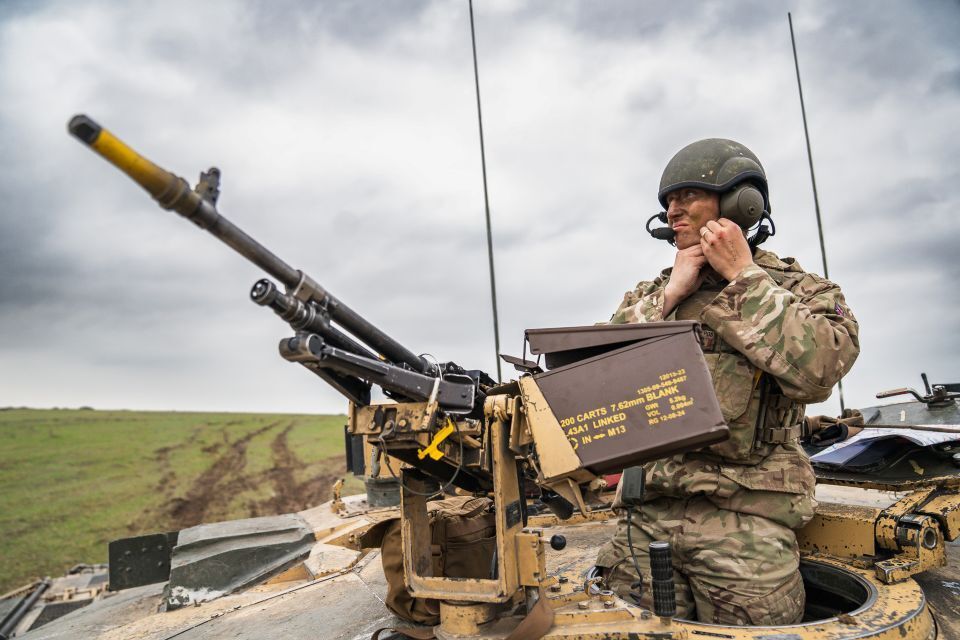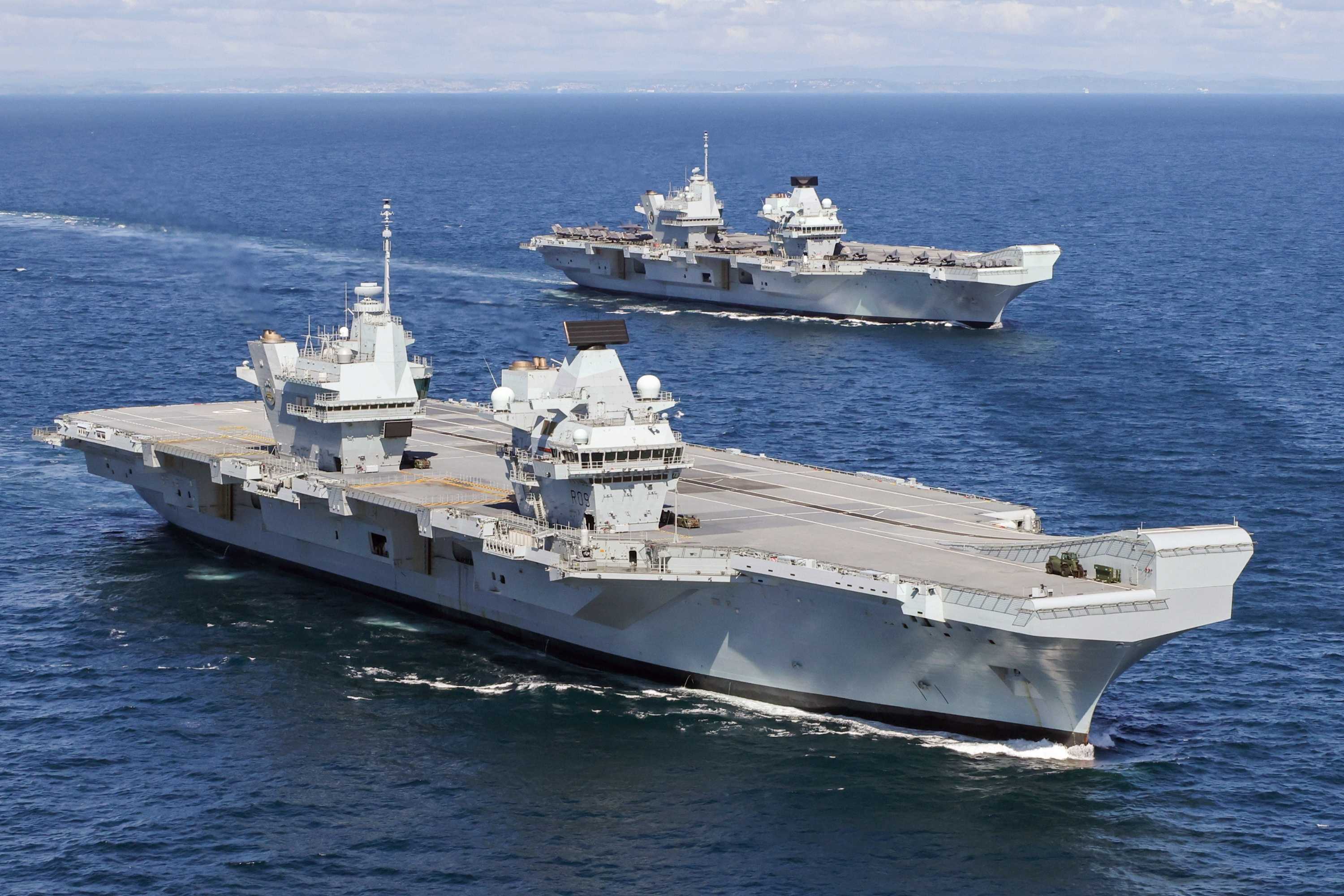Defence Secretary announces further £350m for Successor submarines

Above:
HMS Vigilant's Commanding Officer, Commander Mark Lister in the control room of the submarine in the run up to the Trident missile launch off the coast of Florida. HMS Vigilant conducted a successful firing of an unarmed Trident ballistic missile during a test launch in the Atlantic Ocean on the 23rd October 2012. HMS Vigilant is one of four Vanguard Class submarines which maintain the UK’s nuclear deterrent and this firing, the first in three years, confirms the credibility of the deterrent. The Vanguard submarines will be replaced from 2028 by the Successor which is currently being designed by British companies.
Copyright MoD
This investment will sustain 1,200 UK jobs and makes clear the Government’s firm commitment to maintaining continuous at sea deterrence for future decades. The funding follows the initial £350m of design work announced earlier this year.
This announcement comes as Philip Hammond visited the home of the UK’s nuclear deterrent at Faslane on the Clyde and follows the successful firing of an unarmed Trident ballistic missile by HMS Vigilant during a test launch in the Atlantic Ocean last week.

Above:
HMS Vigilant preparing to fire an unarmed Trident II (D5) ballistic missile, during a test launch in the Atlantic Ocean last week.
Copyright MoD
HMS Vigilant is one of four Vanguard Class submarines which maintain the UK’s nuclear deterrent and this firing, the first in three years, confirms the credibility of the deterrent. The Vanguard submarines will be replaced from 2028 by the Successor which is currently being designed by British companies. As a result of today’s announcement, BAE Systems will proceed with an additional £315m worth of work, with a further £38m at Babcock.
Defence Secretary Philip Hammond said: “Our continuous submarine-based nuclear deterrent is the ultimate safeguard of our national security and the Government is committed to maintaining it, both now and in the future. The test firing and further investment in replacing the deterrent demonstrates that commitment. This latest expenditure for the next generation of nuclear-armed submarines is an investment in UK security and the British economy, sustaining high-quality jobs and vital skills.”
Commenting on the ongoing debate over Scottish independence, Mr Hammond said: “We are confident that the Scottish people will choose to remain part of the United Kingdom. The Faslane complex is the largest employment site in Scotland with over 6,500 jobs underpinning the local economy. We have no plans to move the nuclear deterrent from the Clyde. On the contrary, we intend to move the Astute and Trafalgar Class attack submarines to Faslane, creating a further 1,500 jobs. The Scottish Government needs to explain how their policy would benefit Scotland’s economy and safeguard Scottish jobs.”

Above:
HMS Vigilant firing an unarmed Trident II (D5) ballistic missile, during a test launch in the Atlantic Ocean last week.
Copyright MoD
First Sea Lord Admiral Sir Mark Stanhope said: “The Royal Navy has for over 43 years continuously operated the UK’s nuclear deterrent to stringent safety standards and HMS Vigilant’s latest test firing before she returns to the patrol cycle reflects that successful deterrence is based upon strong determination. One of the core roles of the Royal Navy, the Continuous At Sea Deterrent remains an enduring strategic capability, underpinning our nation’s commitment to the preservation of peace in our uncertain world.”
All Royal Navy submarines will be based at Faslane by 2017, including the Astute and Trafalgar class attack submarines, which - along with the Sandown Class Mine Counter Measure vessels - will increase the workforce at the site to over 8,000 by 2022.











